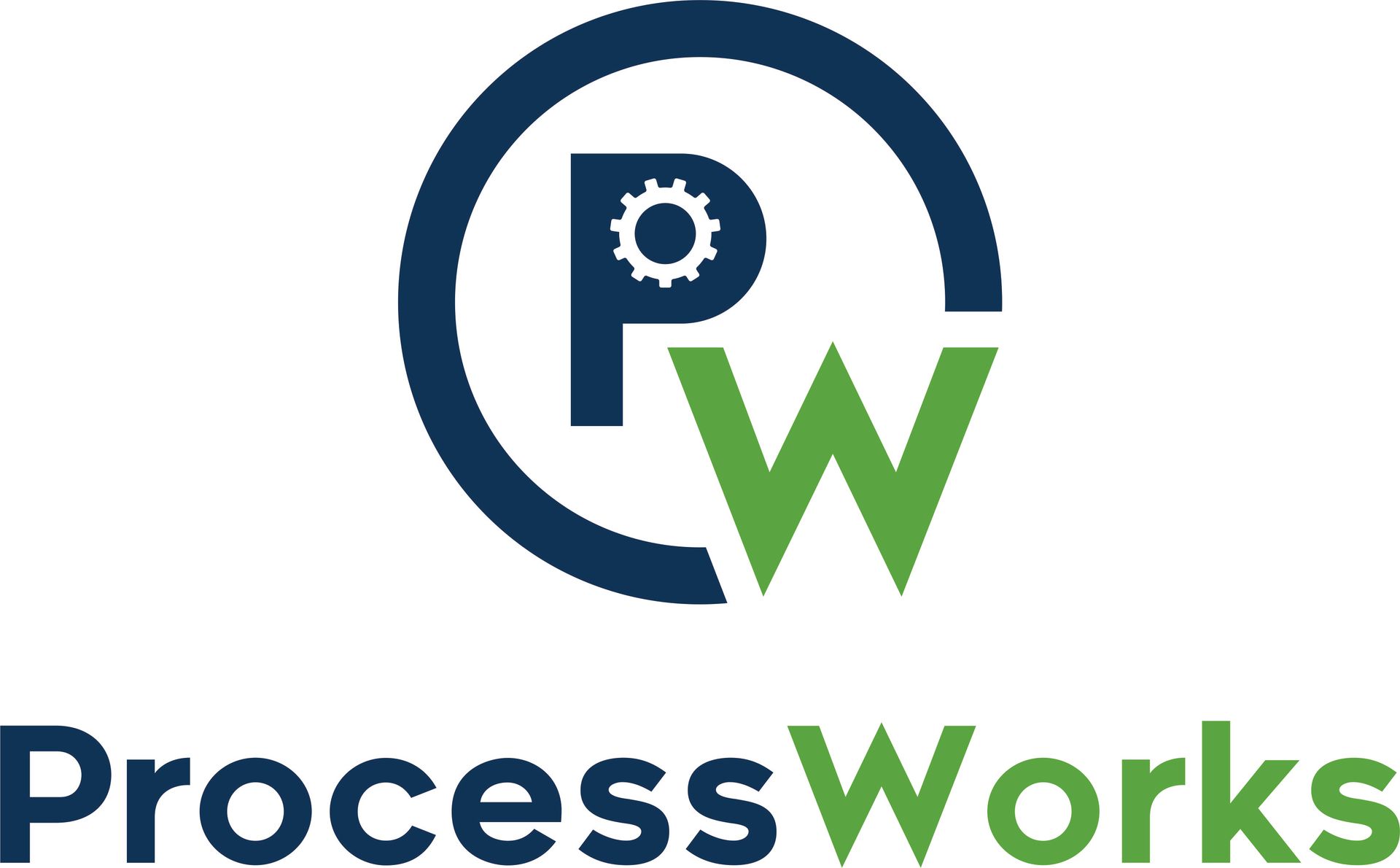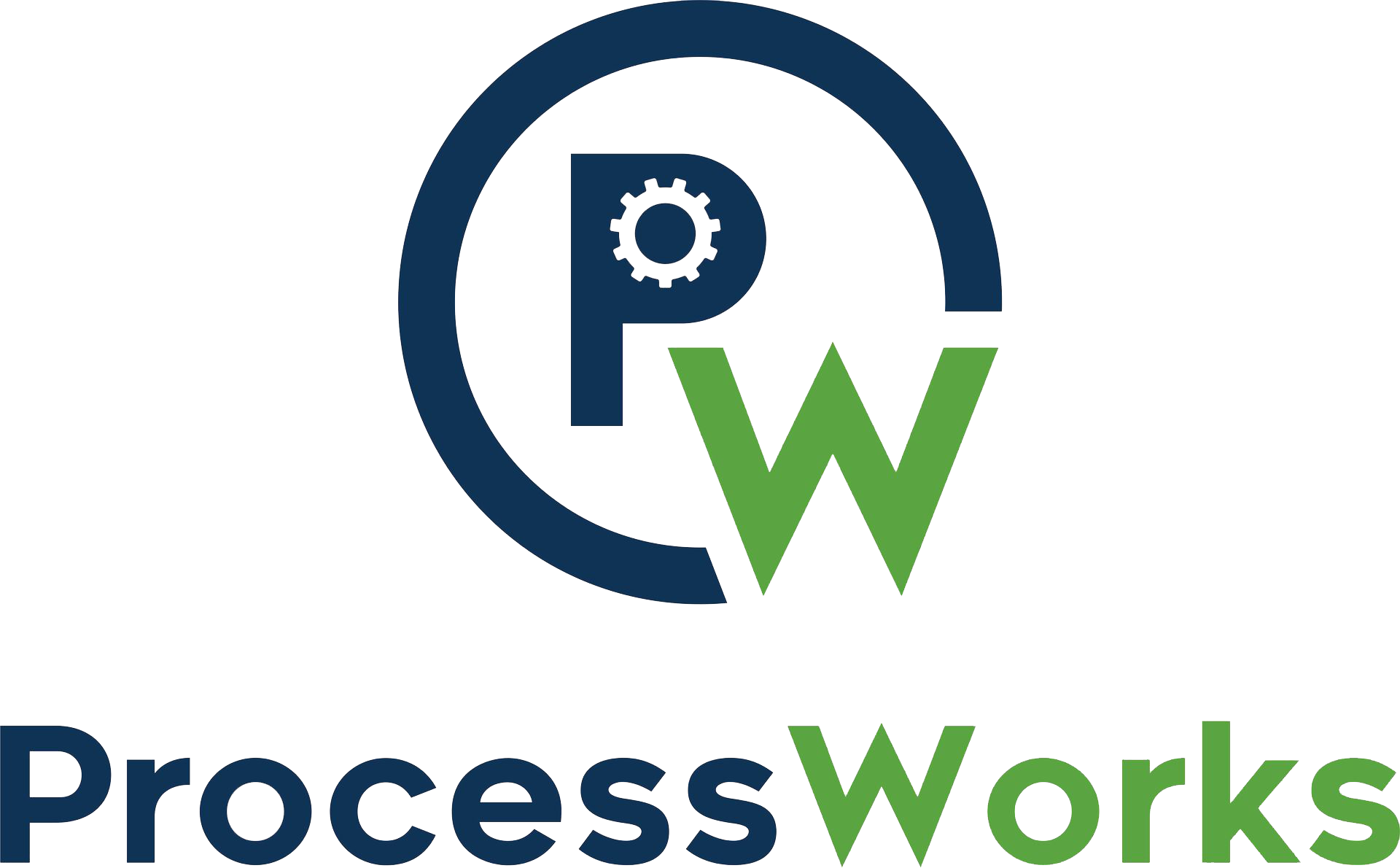By Sarah Halperin
•
February 4, 2025
Most small businesses inherently understand the value of efficiency; that’s why companies are constantly striving for ways to improve workflows, minimize errors, and maximize output. Writing down processes is one of the simplest yet most powerful strategies to achieve these goals. While it may seem like a basic task, physically documenting processes can significantly impact the way a business operates, improving clarity, fostering best practices, and uncovering inefficiencies that could otherwise go unnoticed. So, let’s dive into why this practice can be a game-changer for your organization. One of the most immediate and noticeable benefits of writing down processes is the reduction in confusion. In any organization, there are multiple people working on various tasks that contribute to the bigger picture. Without a clear, standardized procedure in place, employees can inadvertently work at cross-purposes, duplicate efforts, or follow outdated methods that may no longer be effective. Documenting process helps to create a single source of truth. When you write down the steps and activities of a process, it ensures that everyone knows what is expected of them and how they’re expected to do it. Employees no longer have to rely on vague instructions or tribal knowledge. They have a clear reference point, reducing the risk of misunderstanding or miscommunication. Another key advantage of documenting business processes is the ability to educate employees on best practices. Every organization has a way of doing things that works best for them. However, without a documented process, these practices remain in the minds of key individuals and aren’t shared with the broader team. This leads to inconsistency, where different employees follow different methods, leading to inefficiencies, mistakes, or slowdowns in productivity. Writing down processes provides an opportunity to codify the best practices that make your business successful. When your employees have access to clear, written guidelines, they can better understand the most effective ways to accomplish tasks. It becomes easier for new hires to quickly get up to speed, and current team members can reference the processes when in doubt, ensuring everyone is aligned. Let’s say you’ve developed an effective and streamlined process for managing customer complaints. By writing down the steps—how to acknowledge the complaint, gather necessary details, and escalate to the correct department—you provide a consistent framework for all employees to follow. This means that no matter who handles the complaint, they’ll do so using the most effective method, leading to quicker resolution and better customer satisfaction. Conversely, another one of the most powerful aspects of writing down processes is the ability to highlight when things aren’t being done the right way. Without documented processes, inefficiencies or mistakes may go unnoticed until they cause significant issues. However, when you put processes on paper, you create a clear roadmap that can be referenced and evaluated for performance. By periodically reviewing written processes, you can easily spot bottlenecks, redundant steps, or practices that no longer align with the company’s goals. This becomes especially important as businesses scale and evolve. What once worked well may no longer be the most efficient approach, and written processes give you a tangible way to analyze and refine your workflows. For example, a company that has documented its sales process may notice through regular review that certain steps are consistently taking longer than expected. Upon further investigation, they might discover that the initial client qualification process is overly complicated and could be streamlined. The written process brings this issue to the surface, enabling management to make necessary adjustments and improve efficiency. What’s more, as a business grows, the need for standardized processes becomes even more critical. What worked for a small team may not be as effective when your company expands. By writing down your processes, you create a blueprint that can scale as your business evolves. Whether you’re hiring new employees, opening new branches, or expanding to new markets, documented processes make it easier to replicate success. The documentation also ensures that processes remain consistent, regardless of turnover. Without documented processes, you risk losing valuable knowledge and expertise when employees leave or transition to new roles. Written processes allow for smoother onboarding and help reduce the learning curve for new employees. They also create a foundation for continuous improvement, as businesses can make adjustments to the documented processes over time to accommodate changes in the market, technology, or business goals. There’s also the question of accountability: When business processes are written down, they provide a clear standard of performance that holds employees accountable. Everyone understands their roles and responsibilities within the broader framework, and there’s no ambiguity about what needs to be done. This fosters a culture of accountability, where employees are empowered to take ownership of their tasks and make informed decisions. When individuals know exactly how things should be done, they can take pride in following the process correctly. And if something goes wrong, the documentation provides a clear path to troubleshooting and resolving the issue. This sense of ownership and accountability helps improve overall performance and drives the business toward greater success. Incorporating written business processes may seem like a simple step, but it can have a profound impact on your organization’s efficiency, consistency, and growth. By minimizing confusion, educating employees on best practices, and identifying when things aren’t being done right, documented processes become an invaluable tool for achieving long-term success. Moreover, they empower employees, create a culture of accountability, and help businesses scale smoothly.












